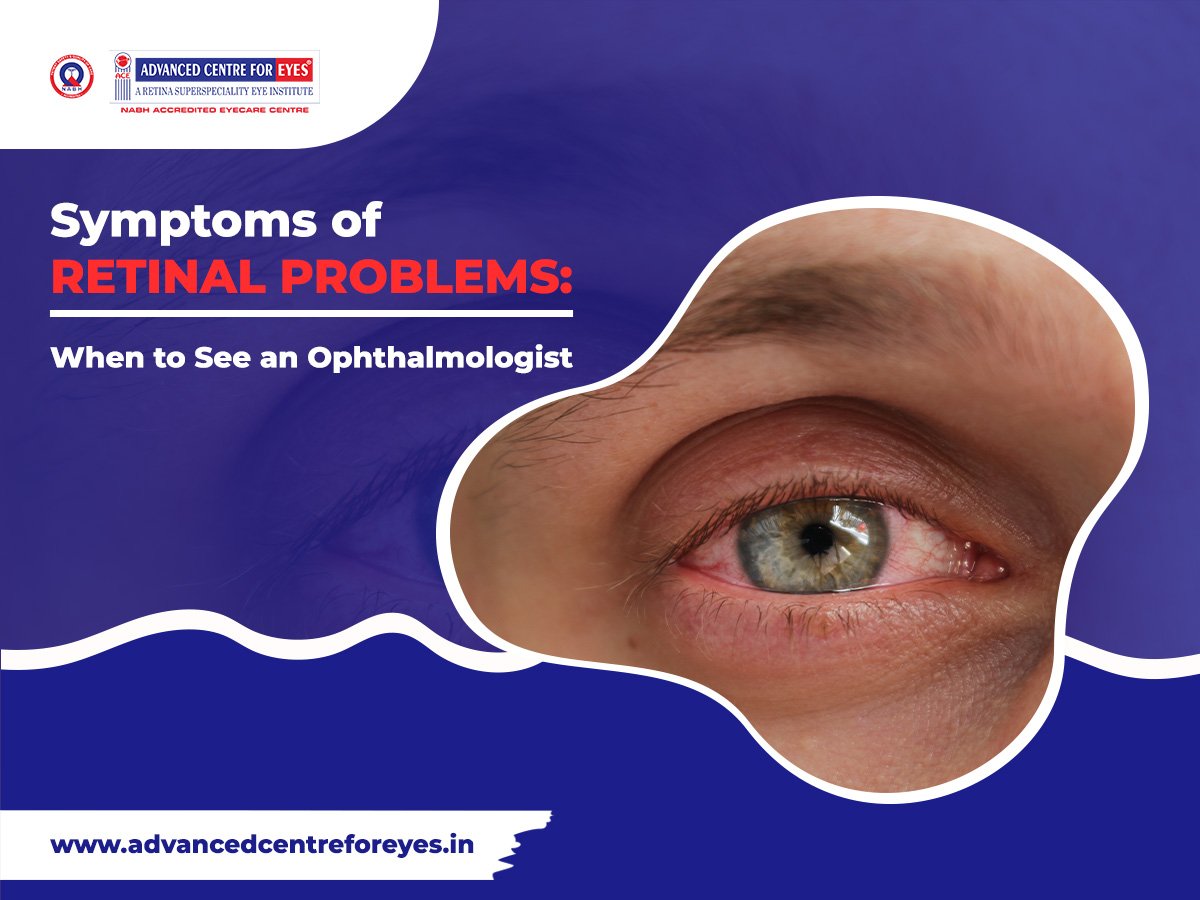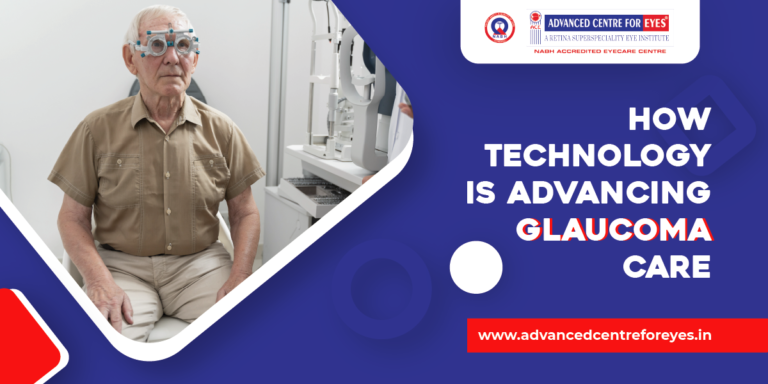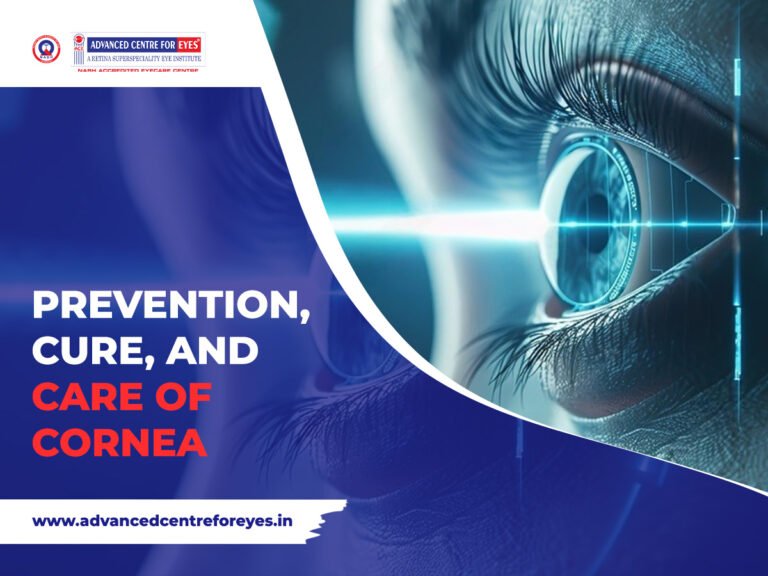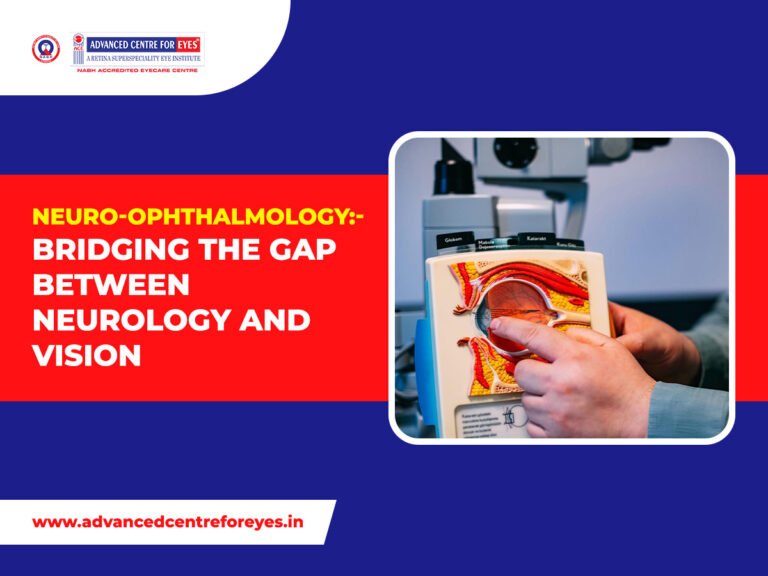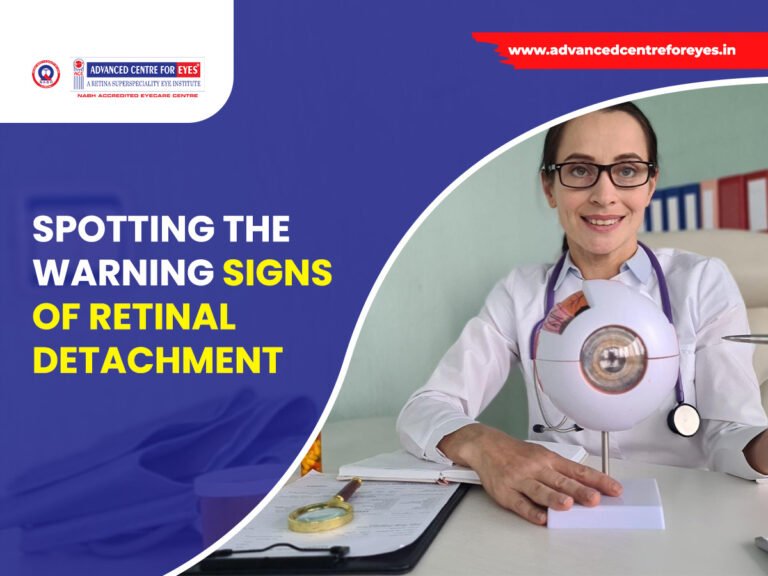Symptoms of Retinal Problems: When to See an Ophthalmologist
The retina is an essential part of your eye. It helps you see by converting light into signals that your brain can understand. Sometimes, the retina can have problems that affect your vision. It’s important to know the symptoms of retinal problems and when to see an ophthalmologist. If you or someone you know is experiencing any of these symptoms, it’s a good idea to visit a retina hospital in Ludhiana to get checked out.
What is the Retina?
The retina is a thin layer of tissue located at the back of the eye. It is responsible for capturing light and sending visual information to the brain. Without a healthy retina, clear vision is impossible. It’s like the film in a camera, capturing images and sending them to be developed.
Common Symptoms of Retinal Problems
Here are some common symptoms that might indicate a problem with the retina. If you experience any of these symptoms, it’s important to see an ophthalmologist as soon as possible.
- Blurry Vision: Blurry vision can be a sign of many eye problems, including retinal issues. If your vision suddenly becomes blurry, it could mean that your retina is not functioning properly. This can make it hard to see details and can affect your ability to read, drive, or recognize faces.
- Floaters: Floaters are tiny spots or lines that appear in your field of vision. They move as your eyes move and seem to dart away if you try to look at them directly. While floaters are common and usually harmless, a sudden increase in floaters can be a sign of a serious retinal problem.
- Flashes of Light: Seeing flashes of light can be another symptom of retinal issues. These flashes can look like lightning streaks or camera flashes. They might indicate that the retina is being pulled or torn, which can lead to more severe problems if not treated promptly.
- Loss of Central Vision: If you have trouble seeing things directly in front of you, it might be a sign of macular degeneration, a condition that affects the central part of the retina. This can make activities like reading, driving, and recognizing faces very difficult.
- Distorted Vision: Distorted vision, where straight lines appear wavy or objects look misshapen, can be a symptom of a retinal problem. This might indicate that the retina is swollen or has fluid behind it, affecting your ability to see clearly.
- Peripheral Vision Loss: Losing your peripheral vision, or the ability to see out of the corners of your eyes, can be a sign of retinal detachment. This is a serious condition where the retina pulls away from the back of the eye and can lead to permanent vision loss if not treated quickly.
- Dark or Empty Areas in Vision Seeing dark or empty areas in your vision can be a sign of retinal problems. This might feel like there is a shadow or curtain over part of your vision and can indicate that the retina is damaged or not receiving enough blood flow.
Why It’s Important to See an Ophthalmologist
An ophthalmologist is a doctor who specializes in eye care. They can diagnose and treat retinal problems, helping to prevent further damage and restore vision. If you experience any of the symptoms mentioned above, it’s important to visit a retina hospital in Ludhiana as soon as possible.
What to Expect During an Eye Exam
When you visit an ophthalmologist at a retina hospital in Ludhiana, they will perform a series of tests to check the health of your eyes and retinas. Here are some of the common tests you might experience:
- Visual Acuity Test: This test measures how well you can see at different distances. You’ll be asked to read letters on a chart while covering one eye at a time.
- Dilated Eye Exam: During this exam, the doctor will use special drops to dilate (widen) your pupils. This allows them to see the back of your eye more clearly and check for any problems with the retina.
- Ophthalmoscopy: Using a special instrument called an ophthalmoscope, the doctor will examine the inside of your eye. This helps them see the retina and other important structures.
- Optical Coherence Tomography (OCT): This test uses light waves to create detailed images of the retina. It helps the doctor see if there is any swelling, fluid, or other issues that might be affecting your vision.
- Fluorescein Angiography: In this test, a special dye is injected into your arm, and pictures are taken as the dye travels through the blood vessels in your eyes. This helps the doctor see if there are any blockages or leaks in the retinal blood vessels.
If you experience any symptoms of retinal problems, visiting a retina hospital in Ludhiana for these tests can help detect and treat issues early.
Treatment Options for Retinal Problems
If your ophthalmologist finds a problem with your retina, there are several treatment options available. The best treatment will depend on the specific issue and its severity.
- Medications For some retinal problems, medications can help reduce swelling, control blood flow, or treat underlying conditions. These might be taken orally, injected into the eye, or applied as eye drops.
- Laser Therapy Laser therapy can be used to treat various retinal issues. For example, lasers can help seal retinal tears, reduce swelling, or treat abnormal blood vessels.
- Vitrectomy In this surgical procedure, the doctor removes the vitreous gel from the eye and replaces it with a clear solution. This can help repair retinal detachments or remove scar tissue.
- Cryotherapy Cryotherapy uses extreme cold to seal retinal tears or prevent further damage. This is usually done as an outpatient procedure.
- Scleral Buckling This surgical procedure involves placing a silicone band around the eye to push the retina back into place. It is often used to treat retinal detachments.
The Advanced Centre for Eyes stands out as the premier retina hospital in Ludhiana, offering cutting-edge treatments and expert care for various eye conditions. Specialising in the diagnosis and treatment of retinal problems, this centre is equipped with the latest technology and a team of highly skilled ophthalmologists dedicated to preserving and improving your vision. Whether you’re dealing with common issues like blurry vision or more severe conditions such as retinal detachment, the Advanced Centre for Eyes provides comprehensive care tailored to each patient’s needs. With a commitment to excellence and a patient-centric approach, it’s the top choice for those seeking advanced retinal care in Ludhiana.
Preventing Retinal Problems
While not all retinal problems can be prevented, there are some steps you can take to keep your eyes healthy and reduce your risk:
- Regular Eye Exams Regular eye exams can help detect problems early, before they become more serious. Make sure to visit an ophthalmologist regularly, especially if you have a family history of eye problems.
- Healthy Diet Eating a balanced diet rich in fruits, vegetables, and omega-3 fatty acids can help support eye health. Foods like carrots, spinach, and fish are particularly good for your eyes.
- Protect Your Eyes Wearing sunglasses with UV protection can help shield your eyes from harmful rays. Additionally, wearing protective eyewear during sports or other activities can prevent injuries.
- Manage Health Conditions Conditions like diabetes and high blood pressure can increase the risk of retinal problems. Managing these conditions with the help of your doctor can reduce your risk.
- Avoid Smoking Smoking can damage your eyes and increase the risk of retinal problems. If you smoke, consider quitting to protect your vision.
Conclusion
Retinal problems can significantly affect your vision and quality of life. Recognizing the symptoms and knowing when to see an ophthalmologist is crucial for maintaining healthy eyesight. If you experience any of the symptoms mentioned, don’t hesitate to visit an eye hospital in Ludhiana for a thorough examination and appropriate treatment. Remember, early detection and treatment can make a big difference in preserving your vision and overall eye health. Take care of your eyes, and they will take care of you!


